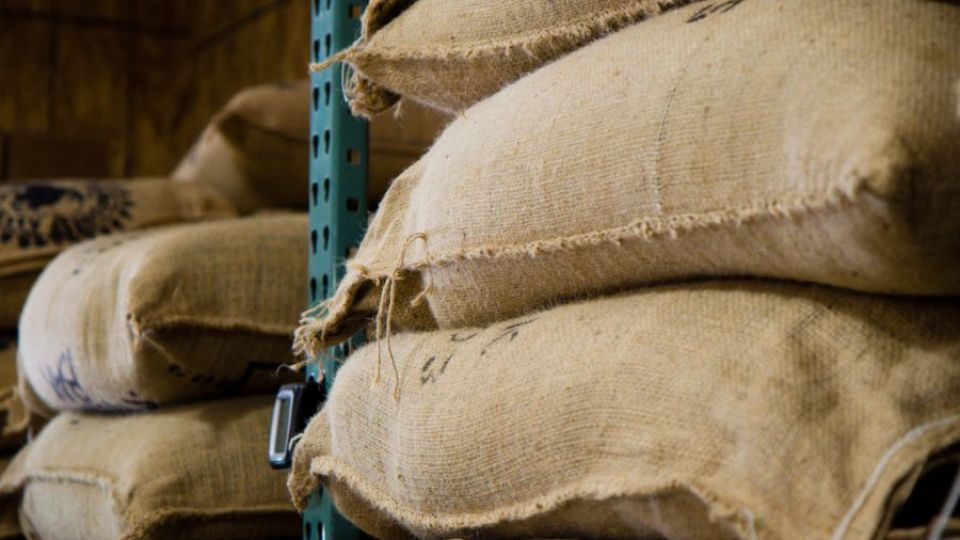March 5, 2024
JAKARTA – The price of rice has started to decline in various parts of the country after government efforts in past weeks to focus on distributing the staple food to markets.
At several markets West Java and Jakarta, the prices of medium-grade rice ranged between Rp 10,000 (64 US cents) and Rp 14, 500 per kilogram on Thursday. The prices of premium rice stood at around Rp 16,000 per kg, lower than a week ago when it hit a historic high of Rp 18,000.
“Prices have declined around Rp 1,000 per kilogram. For example, the price of medium-grade rice has fallen from Rp 15,000 to Rp 14,000 per kilogram, and premium [rice] fell from Rp 17,000 to Rp 16,000,” said Uus Heriyanto, head of the Pelabuhan Ratu Markets Agency in West Java.
He attributed the decline in prices to increased supply in the market as well as some rice-producing regions entering the harvest season.
Prices of rice, a staple food for most of the country’s 270 million people, have soared more than 16 percent since last year, when the El Niño weather phenomenon led to decreased rainfall across large parts of Asia, reducing output and increasing inflationary pressure on food for some of the world’s most price-sensitive consumers.
Prices were particularly high in Indonesia at the beginning of this year, when several rice production hubs in Central Java were flooded, harvests failed and distribution to markets were delayed.
The rice crisis culminated in the week before the general election: The National Food Agency (Bapanas) postponed the regional distribution of rice aid as part of the social assistance (Bansos) program, amid allegations that President Joko “Jokowi” Widodo was using the program to influence voters in favor of front-runner Prabowo Subianto and running mate Gibran Rakabuming Raka, the President’s eldest son.
The aid postponement led to a supply shortage in retail markets just three days before the election on Feb. 14, triggering speculation that the rice stocks of State Logistics Agency (Bulog) intended for retail markets had been used for the Bansos program.
President Jokowi and the government denied the allegations, saying the shortage and skyrocketing prices of rice were due to unfavorable weather conditions that had resulted to flooding.
Bapanas later ordered Bulog to resume distributing rice for the Bansos program as well as to retail markets, and held food bazaars to flood markets with rice.
The rice harvest had started in some regions and supplies were starting to flow into some of the main rice markets in the country, Bulog chief executive Bayu Krisnamurthi said.
In addition, Bulog had secured commitments to import 1.2 million tonnes of rice, Bayu added.
“I approached colleagues in Thailand, Vietnam, Myanmar, Cambodia, India, we made a commitment. Although we will not immediately buy [rice] in the spot market, […] we already have commitments for the coming months,” he said.
The government has increased its rice import quota by 1.6 million tonnes, on top of a previous allocation of 2 million tonnes.
Import permits to cover the new quota are still being processed.
As high prices continued to persist despite the market intervention following the election, the Business Competition Supervisory Commission (KPPU) announced on Wednesday that it had formed a special team.
The team is tasked with investigating the surge in rice prices, including looking for evidence of potential cartel behavior among rice traders.
“The rice situation is a matter of concern for us, and we have set up a special team comprising members from the study and law enforcement teams,” KPPU commissioner Hilman Pudjana said.
The KPPU also held a focus group discussion on Wednesday involving key stakeholders to gather preliminary information, Hilman said. The group also discussed the maximum retail price for rice, as it found prices in many areas were much higher than the government’s price ceiling (HET).
He said the commission would also focus on potential supply disruptions contributing to the price surge, such as El Niño-related weather events and production decline, and look into potential violations of Law No. 5/1999 that prohibits monopolies and unfair business practices, including cartel behavior.
The commission would follow up on the special team’s findings, including legal processes, Hilman said.
Traders said they had found it difficult to source rice from late 2023 to early February but expected supply would become available, as several regions had started harvesting rice in late February.


